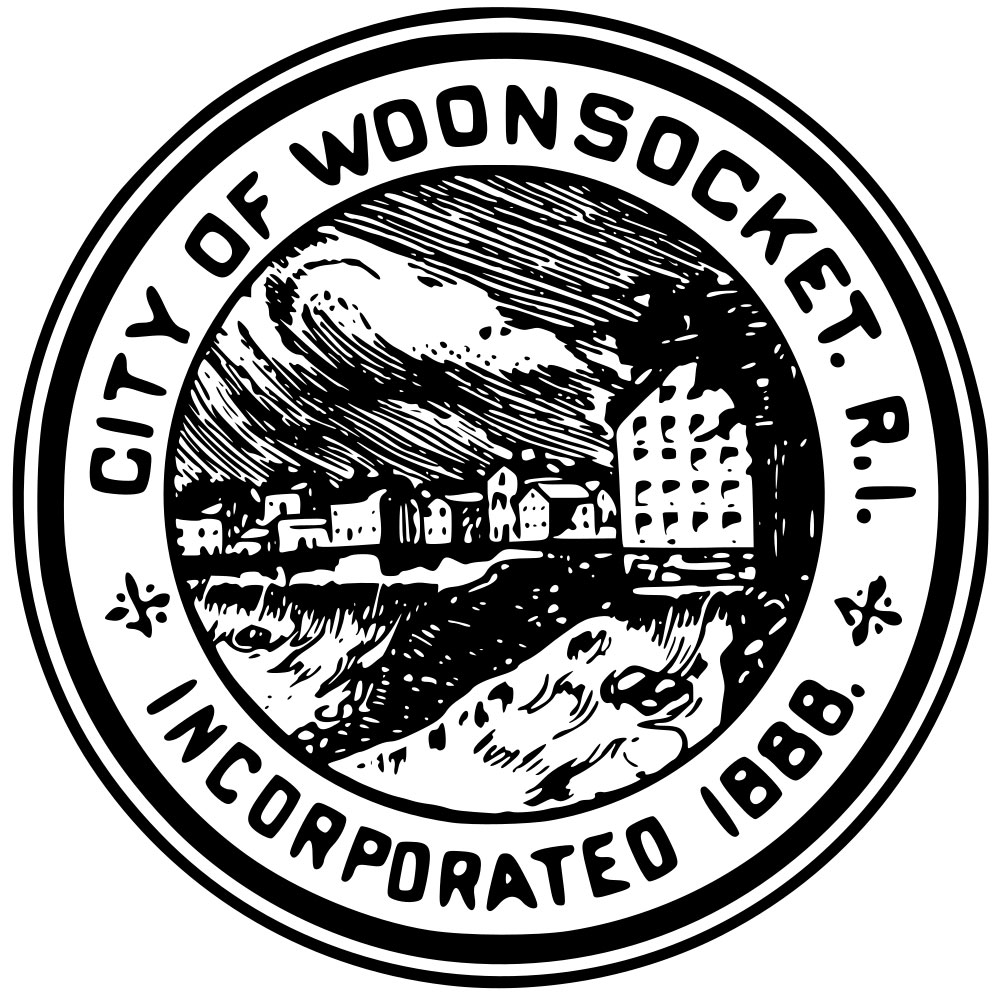
Imagine this: you are the head of a nonprofit school that’s moved into a new building. You go to work one day, as you always do, and, as you do every day, you eagerly await the mail that might have brought a check from a donor that will make your day. Instead, you see a letter from the city tax department. You open it to find a bill; thousands of dollars are due in property taxes for a building you have occupied for less than a year. It turns out that even though you owned the building the year before as a nonprofit school, while it was being renovated, it was not being used for tax-exempt purposes and therefore is subject to property tax, according to the tax assessor’s office.
A scenario like this has happened to six nonprofit or religious organizations in Woonsocket, Rhode Island. Located near the Massachusetts border northwest of Providence, Woonsocket is the sixth-largest city in the state, home to about 41,000 people. According to the Valley Breeze, in almost all of the cases, the tax is being levied on facilities that are no longer active for the nonprofit organization. The one described above is for the RISE Prep Mayoral Academy. Tax assessor Elyse Pare said she based her judgement on the activity in the building on December 31, 2018, and the school had not yet moved into the renovated building by then.
In another case, the local Catholic youth organization (CYO) had announced the sale of their current facility and a pending move to a new one. The sale fell through, but the organization did move, leaving the original building largely unused. The CYO is currently arguing their case with the city because they apparently do use some of the old building for some exempt purposes.
The argument being made here is reminiscent of one in New Jersey that NPQ covered some years ago: a property is tax-exempt not because of who owns it, but because of what happens inside. In the New Jersey case, a judge determined there were too many for-profit ventures inside a hospital facility owned and operated by a nonprofit. In Woonsocket, the tax assessor is making the point that facility has to be actively used for a nonprofit’s programs to maintain its tax-exempt status.
Sign up for our free newsletters
Subscribe to NPQ's newsletters to have our top stories delivered directly to your inbox.
By signing up, you agree to our privacy policy and terms of use, and to receive messages from NPQ and our partners.
The CYO issue caught the attention of a city councilor, who brought it up for discussion at the city council. Although nothing will be done about these six cases, in the future, when a change of tax-exempt status is being determined, the nonprofit will be given at least 90 days’ notice before a tax bill is sent. In other words, give them a bit of a break.
It remains unclear why these taxes are being levied, although Pare did reference a revaluation of all the city’s properties conducted in 2017. The current mayor, Lisa Baledelli-Hunt, was quoted in May of last year as saying that the revaluation was helpful to bring housing values back to where they had been prior to the Recession and has allowed her to lower the tax rate without a loss in revenue. In theory, the lower rate makes Woonsocket more attractive to businesses. Pare, however, said that the process of revaluation caused her to look more closely at several properties that had been tax-exempt for many years.
Not long ago, Woonsocket was considered to be in dire financial straits. One report even suggests that it was close to declaring bankruptcy. Woonsocket is carrying a large debt load. In her campaign for a third term as mayor last year, Baldelli-Hunt bragged that she had been able to pay off at least $40 million of the $175 million of general obligation debt while cutting taxes three years in a row.
Part of the solution that helped avoid bankruptcy came in the form of Landmark Medical Center. After running a deficit for many years as a nonprofit healthcare facility, in 2013 the hospital was purchased by a for-profit company, Prime Healthcare Services, and so it began paying property tax to the city of Woonsocket on the facility. But, as NPQ reported, in 2017, the hospital applied to be reinstated as a nonprofit. This request has now been granted, meaning the city will forgo $1.7 million in property tax revenue per year starting in 2020. To mitigate this a little, early in July of this year, it was reported that the mayor cut a deal with Prime and the hospital’s parent company to donate $500,000 per year to the city over the next four years as a kind of quasi-PILOT (payment in lieu of taxes). It’s not as much as $1.7 million a year, but at least it is something, and it buys the city some time.
It may be a complete coincidence, but July is also the month in which the six nonprofits received the bill from the tax assessor. Is Woonsocket trying to recover its losses by being tough on nonprofits that own but are not using facilities that are currently off the tax rolls? If so, it would not be new for the city, which reportedly was considering a similar move in 2013.—Rob Meiksins











